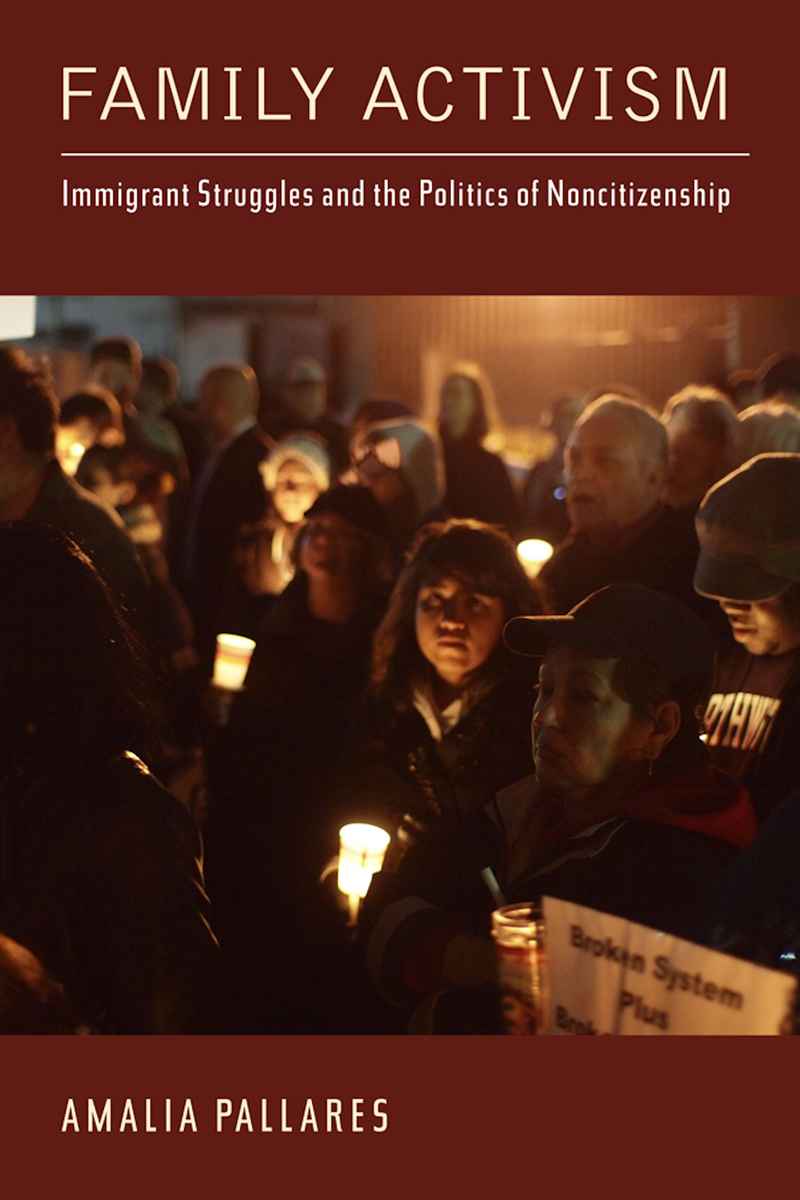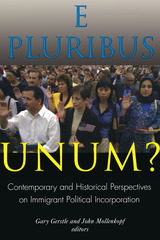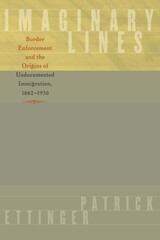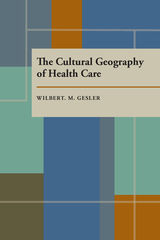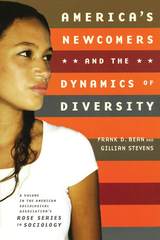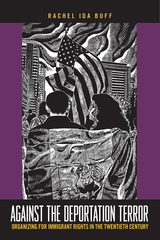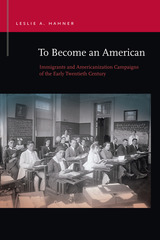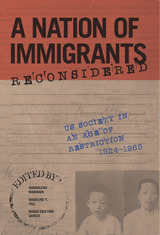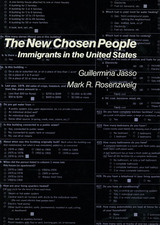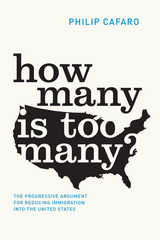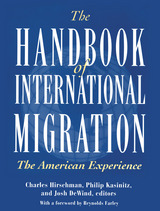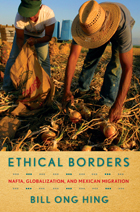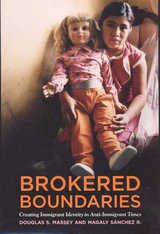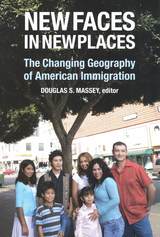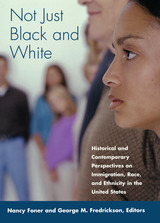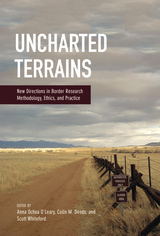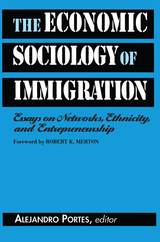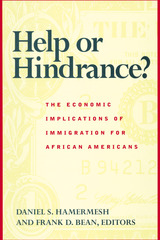Family Activism: Immigrant Struggles and the Politics of Noncitizenship
Rutgers University Press, 2014
eISBN: 978-0-8135-7360-1 | Cloth: 978-0-8135-6457-9 | Paper: 978-0-8135-6456-2
Library of Congress Classification JV6456.P35 2015
Dewey Decimal Classification 325.73
eISBN: 978-0-8135-7360-1 | Cloth: 978-0-8135-6457-9 | Paper: 978-0-8135-6456-2
Library of Congress Classification JV6456.P35 2015
Dewey Decimal Classification 325.73
ABOUT THIS BOOK | AUTHOR BIOGRAPHY | REVIEWS | TOC
ABOUT THIS BOOK
During the past ten years, legal and political changes in the United States have dramatically altered the legalization process for millions of undocumented immigrants and their families. Faced with fewer legalization options, immigrants without legal status and their supporters have organized around the concept of the family as a political subject—a political subject with its rights violated by immigration laws.
Drawing upon the idea of the “impossible activism” of undocumented immigrants, Amalia Pallares argues that those without legal status defy this “impossible” context by relying on the politicization of the family to challenge justice within contemporary immigration law. The culmination of a seven-year-long ethnography of undocumented immigrants and their families in Chicago, as well as national immigrant politics,Family Activism examines the three ways in which the family has become politically significant: as a political subject, as a frame for immigrant rights activism, and as a symbol of racial subordination and resistance.
By analyzing grassroots campaigns, churches and interfaith coalitions, immigrant rights movements, and immigration legislation, Pallares challenges the traditional familial idea, ultimately reframing the family as a site of political struggle and as a basis for mobilization in immigrant communities.
See other books on: Chicago (Ill.) | Families | Immigrant families | Immigrants | Pallares, Amalia
See other titles from Rutgers University Press
